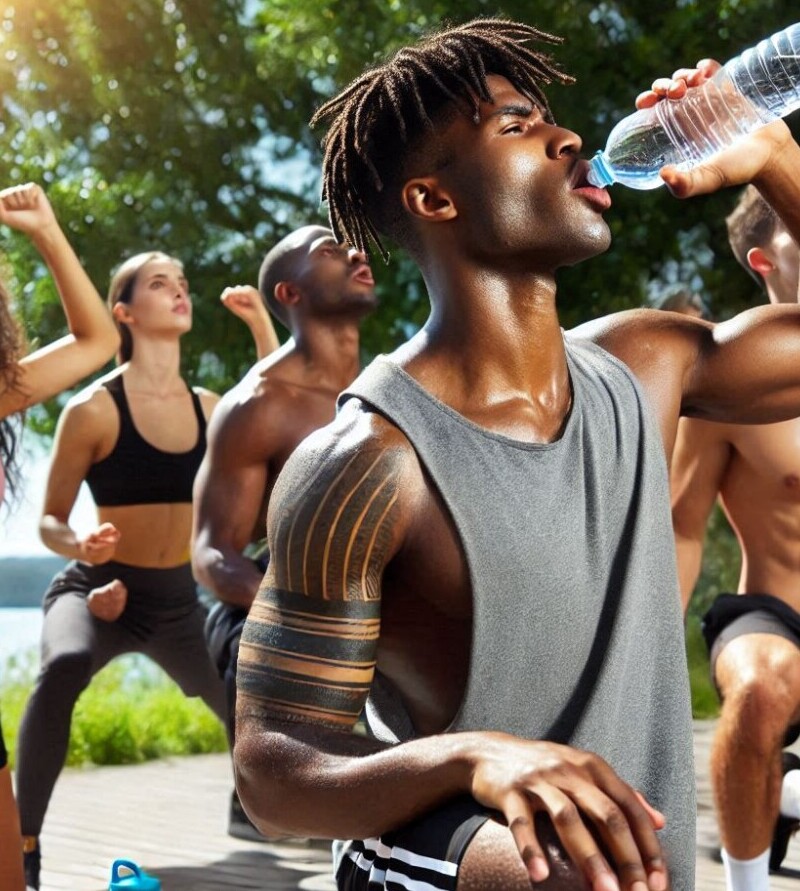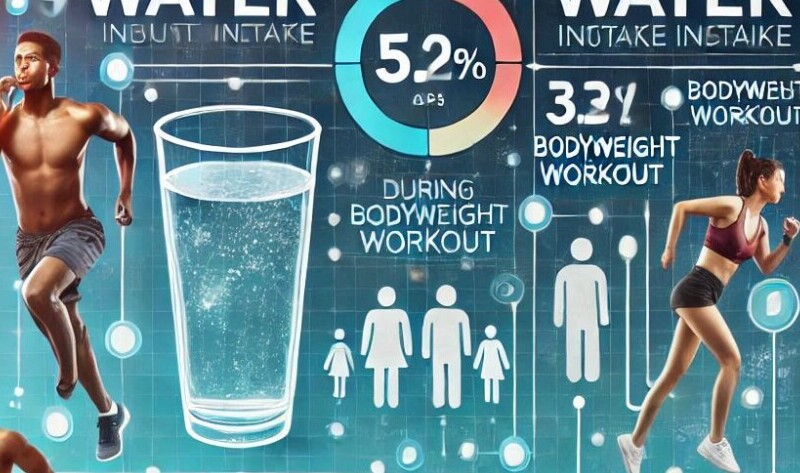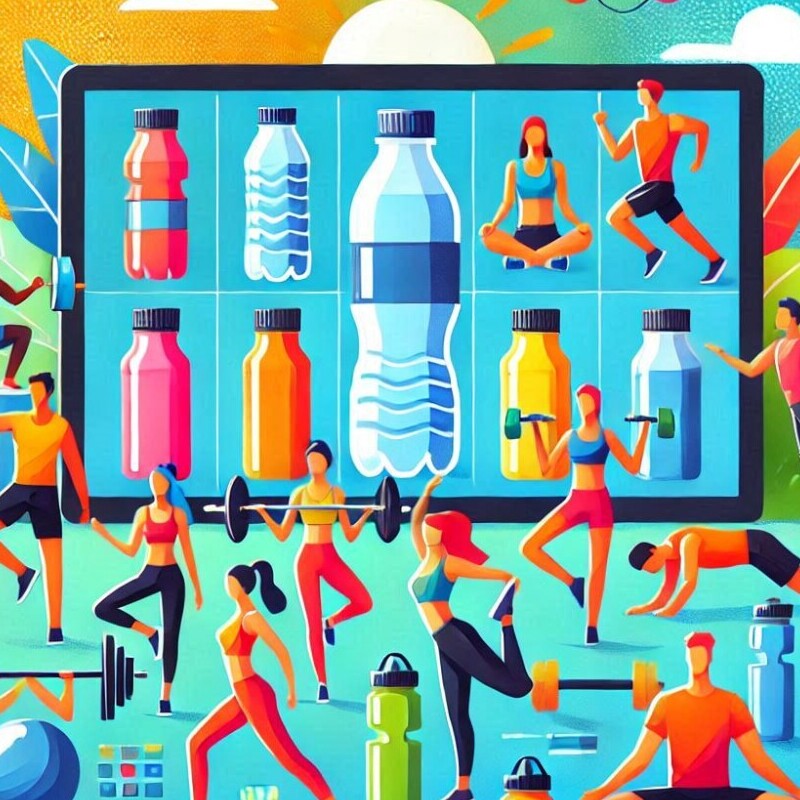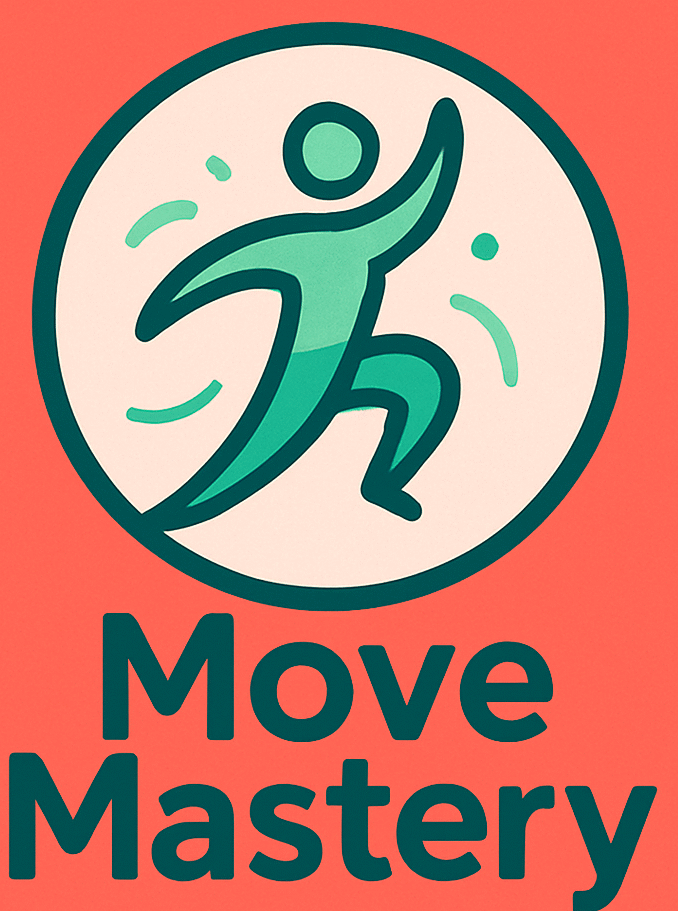
Water is like the unsung hero when it comes to keeping those muscles working at their best. Without enough hydration, muscles just can’t perform optimally. Staying hydrated ensures that muscles remain flexible, responsive, and capable of contracting efficiently during exercises.
Hydration makes or breaks performance and endurance levels for athletes. Proper water intake can honestly be the game-changer between an average and a stellar bodyweight workout session. Hydration keeps energy levels steady and helps maintain focus, giving you the edge you need when hitting those high-intensity sets.
Wondering if you’re dehydrated? Check for common signs like excessive thirst, dark urine, dizziness, or fatigue. These hints are your body’s way of saying it needs a refill, so make sure to listen.
There’s a ton of misinformation out there about hydration myths. Some folks believe drinking gallons of water is the way to go, but too much can lead to issues too. Science shows it’s all about finding that sweet spot where your body feels just right. Stay informed and sip smart!
Creating a Personal Hydration Plan for Peak Performance
When it comes to staying on top of your game, tailoring a hydration plan to fit your specific needs is a must. Each person has different fluid requirements based on how hard they’re hitting their workouts. Consider factors like how long you’re exercising and the intensity involved.
Getting into a pre-workout hydration routine can set the tone for your whole session. Try sipping small amounts of water in the hours leading up to your workout to ensure you’re well-prepped and ready to go.
As you’re working up a sweat, it’s crucial to keep an eye on those hydration levels. Keep a bottle handy and take regular sips to maintain balance. Think of it like keeping a steady flow of fuel in the tank.
After your exercise, rehydration is key. It’s not just about refilling what you’ve lost; it’s about ensuring your body recovers well too. Usually, replenishing with a mix of water and electrolytes can do wonders to restore balance and help your muscles recover faster.
Hydration Challenges: How Much Is Enough for Bodyweight Exercisers?

Hydration needs aren’t a one-size-fits-all deal. What you need depends on various things like your age, the weather, and how intense your workouts are. It’s a bit like reading your body’s signals and adjusting accordingly.
There’s a general rule floating around that says you should aim for about 8 ounces of water every 15-20 minutes during exercise. But really, it’s all about listening to your body. If you’re thirsty, it means you’re already on your way to dehydration, so try to preempt that feeling.
It’s possible to overdo it, though. Drinking excessive amounts of water can lead to water intoxication, where essential sodium levels drop too low. Balance is the key here, ensuring you’re getting enough without going overboard.
Electrolytes play a big part in keeping your hydration balanced, not just water. These are the minerals that help maintain nerve function and muscle contractions and can be particularly important during long or high-intensity exercises. Grab a sports drink or a banana if you need a quick electrolyte boost.
Hydration Innovations: The Latest Trends and Tips for Active Individuals

These days, there are loads of new hydration technologies making it easier to stay hydrated. Look at hydration tablets that deliver quick electrolytes without the sugar overload, or snag a smart bottle that reminds you when it’s time for a sip.
Debating whether to stick with plain water or try sports drinks? Water is perfect for short workouts, but if you’re pushing past an hour, sports drinks can give you that extra edge by replacing electrolytes and providing a bit of an energy boost.
To keep things interesting, consider trying practical hydration exercises that challenge you to meet daily water goals or experimenting with apps that track your fluid intake. These can gamify hydration and make sticking to your plan easier and fun!
Picking the right hydration product can be a minefield with so many options out there. Always read labels carefully and be mindful of added sugars and unnecessary ingredients that could derail your efforts. Staying informed helps you avoid common traps and keeps you on track for optimal performance.
What tips do you have? Kindly share your hydration and workout experience. Leave a comment or a question to prompt respond or seek expect advice on your behalf. Till next time ciao!
<script async src="https://pagead2.googlesyndication.com/pagead/js/adsbygoogle.js?client=ca-pub-9579274113620902"
crossorigin="anonymous"></script>
I don’t know if is only me, the amount of water I drink when I workout is much higher than when I do not, not sure what could be the course? Great article.
I have outlined the course; however, to ensure that you always get value from this site, note that during a workout you’re sweating, meaning that you are losing water that is stored in your body. You need to replace that water when you’re working to ensure sufficient hydration. Keep following for more tips on staying fit, Ciao!